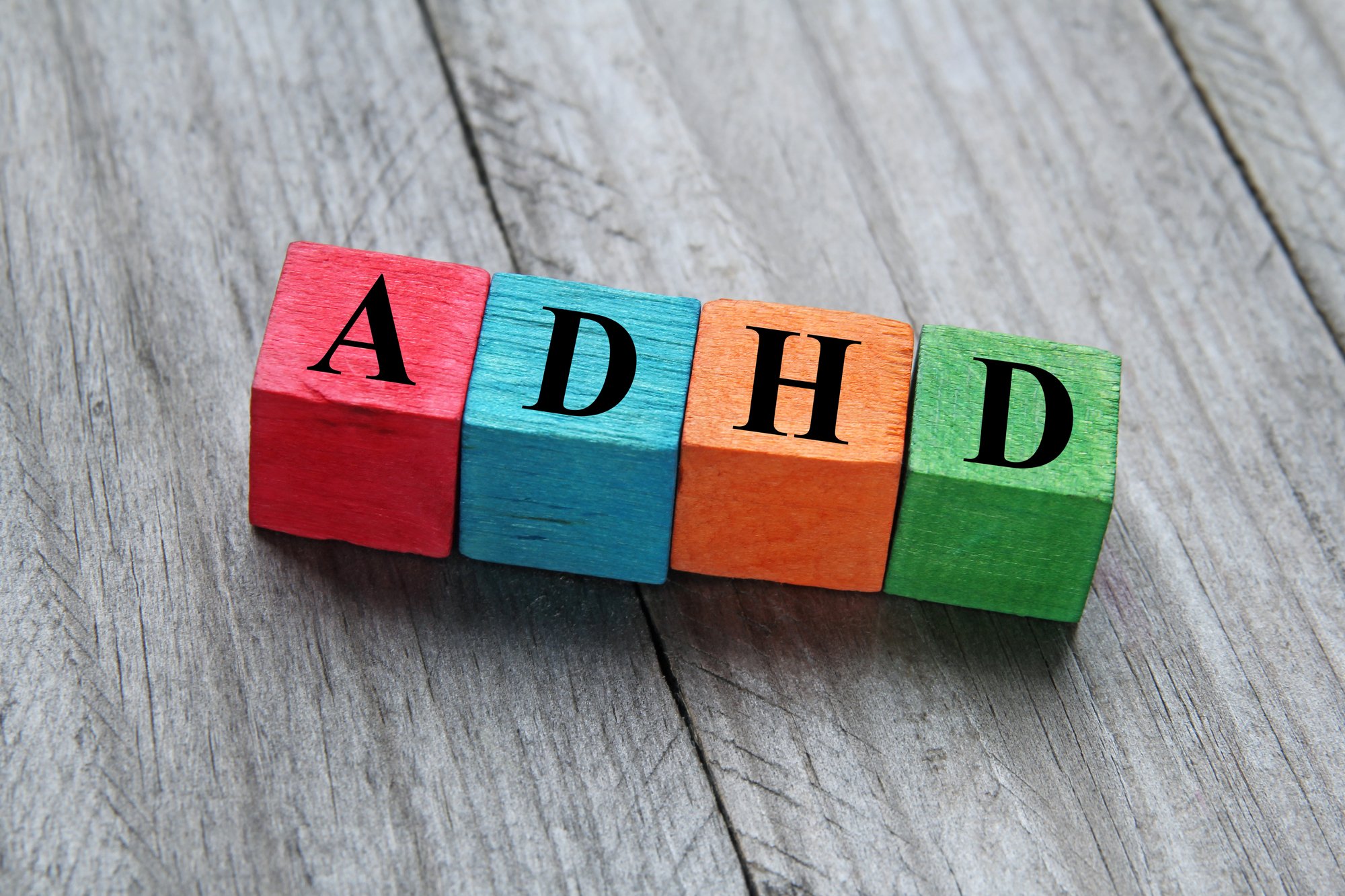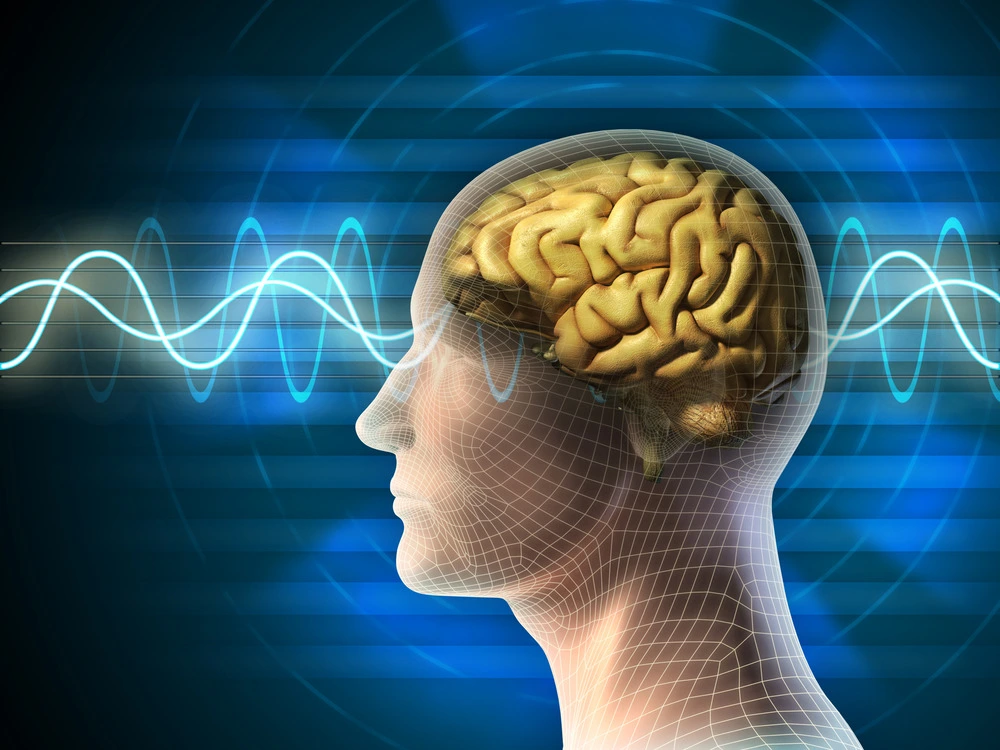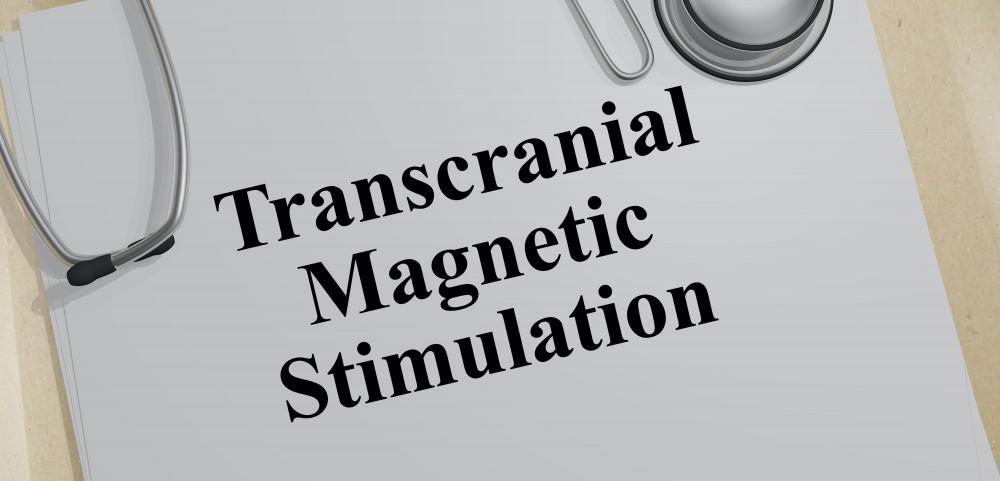Transcranial Magnetic Stimulation, sometimes referred to as rTMS or TMS therapy, is a procedure most commonly used to help treat otherwise treatment-resistant depression in the United States. While TMS therapy is growing in popularity around the country for conditions like OCD, bipolar disorder, anxiety, and PTSD, so too are providers offering the treatment. However, there are so many types of rTMS to consider that it can be hard to find the right one. Is it the closest one to your house or the closest one that your insurance company will accept? Is it a psychiatrist who can offer an accelerated TMS course in five days instead of 2+ months of ongoing treatment? This blog will give you the resources you need to make an informed decision.
Magnetic Therapy for Depression and More
TMS Therapy uses magnetic pulses to stimulate neurons in key brain regions associated with depression and anxiety. In depression, these regions are typically underactive, demarcated by reduced blood flow and cellular metabolism. As patients undergo session after session of rTMS, the brain cells in the cortex engage in a process called neuroplasticity, where they reorganize themselves in a fashion that resembles that of a healthy, non-depressed brain. Unlike the two major interventions used by psychiatrists today, like antidepressant medications and electroconvulsive therapy, rTMS has a favorable side effect profile. TMS therapy is considered to be one of the safer and more effective alternative treatments for depression today and has been FDA-approved since 2008.
Is TMS right for you?
Most candidates interested in TMS fit a similar profile. They have tried several antidepressant treatments in the past. Perhaps they’ve tried a common SSRI, but the SSRI only worked for six months before another relapse into depression. Maybe it worked slightly, but the world felt flat and lifeless. Then, their doctor recommended another medication like Wellbutrin, which only proved to give them unwanted side effects. They’ve been in therapy for months, if not years, and have even tried taking a break from therapy and eventually switching therapists. The treatments don’t work, and if they’re lucky enough to work with a local psychiatrist, they’ve been handed the label of treatment-resistant depression.
If the above story sounds like you or your loved one, don’t worry. The label of treatment-resistant depression sounds scary, almost as if no treatment in the world can break past the armor of depression. However, this same scenario exists for hundreds of thousands of patients with the same exact story. Once a trial of traditional medications and psychotherapy hasn’t proven effective, it’s imperative to weigh the pros and cons of TMS therapy. Positive aspects of TMS include low side effects, surprisingly easy insurance coverage, and a high success rate of 70-92.5%, depending on the protocol. Many patients also opt for TMS because it is a short-term treatment that continues to offer relief long after the course has ended. Negatives of TMS include the price (if insurance doesn’t cover it), the inability to use TMS at home, and the sheer variance of quality in terms of providers offering the service.
TMS for Anxiety Disorders
Even though we mostly consider rTMS to be a treatment solely for depression, the above parable can be applied to those suffering from anxiety, OCD, PTSD, and C-PTSD. TMS therapy is FDA-cleared for OCD, and has a plethora of evidence supporting its use for Generalized Anxiety Disorders and post-traumatic stress disorder. Most providers only consider TMS to be a treatment for depression, but most patients with treatment-resistant depression don’t only suffer from depression; they suffer from a combination of depression, anxiety, trauma, ADHD, OCD, and more.
How to Find the Best TMS Provider
Now that you’ve decided to look into TMS, it’s time to find a knowledgeable TMS provider that works with your best interests in mind. To make an informed decision, make sure that you consider the type of TMS you wish to find. Options include:
- Standard TMS
- Theta Burst Stimulation
- Deep TMS
- Accelerated TMS
- Neuronavigated TMS with structural MRI
- fMRI Guided TMS
- Personalized TMS
Once you’ve identified the type of TMS you plan to explore, make sure that you understand the protocols that you’re interested in. Almost every clinic in the country will use an excitatory protocol over your left dorsolateral prefrontal cortex (LDLPFC) for depression. The general idea is that the excitatory nature of the protocol will signal to your brain to increase activity in the LDLPFC, which is underactive. However, most clinics have different approaches when it comes to treating anxiety, OCD, and PTSD.
If you have anxiety, OCD, or PTSD, make sure that you ask for a plan for dealing with those specific symptoms. Many clinics will use the same protocol for everyone, regardless of diagnosis. Only the most knowledgeable clinics will understand how to personalize the treatment for you. Some patients may benefit from a different scalp placement of the TMS device, while others may benefit from a different stimulation frequency. It is very common for TMS clinics to use a slower frequency on the right side of the scalp to treat anxiety, for example.
Provider Credentials and Experience
If you’ve ever Googled something like “TMS therapy near me,” you have probably found yourself drowning in results. Some clinics are chains, while others are single locations. Some clinics offer TMS only, while others may provide comprehensive options for mental health support. Some clinics don’t have a psychiatrist associated with them. Some clinics are part of large university medical centers, while others are independent.
Research Tip #1: Find a well-trained team.
It’s important to uncover where and how your future TMS provider was trained. Did they attend a course? If so, what kind of credentials did the course have? How were the technicians trained? Were they just trained by the device manufacturer on how to turn it on or off? Bespoke Treatment was founded by a neuroscientist with extensive expertise who published research in personalizing protocols for Transcranial Magnetic Stimulation. As such, the staff at Bespoke Treatment has comprehensive training in TMS in addition to the required certifications. Other providers may not have such experience. Don’t just limit your research on training to only TMS, either. Are any of the providers board-certified that you will work with? A double board-certification in integrative medicine and psychiatry, for example, would be hopefully lead to a more holistic care experience than psychiatry alone.
Research Tip #2: Find an experienced team.
Is the leadership team at your clinic brand new, or are they experienced? Experienced providers know how to shift TMS protocols to target specific symptoms and side effects as they come up. Experienced providers have strong referral networks, but inexperienced providers may not have worked with more complex cases, like those suffering from both depression and anxiety. Make sure that this experience translates to actual patients treated, and not just years owning a TMS machine without any patients.
Research Tip #3: Find an accredited facility.
While there are many TMS facilities that are certified by the manufacturer, there are few facilities that adhere to gold standards set forth by the Joint Commission or Solstice Training Institute, A Public Benefit Corporation. Adhering to these standards is a signal that the providers are mindful of compliance, safety, and high quality outcomes.
Research Tip #4: Look for good TMS reviews.
Online reviews can be very informative when it comes to finding the right TMS provider. If the clinic in question has more than 4.5 stars on Google, that is generally a good sign. Make sure that you read through the reviews carefully to verify that the responses are genuine.
Research Tip #5: Find a clinic with an appropriate distance to your home, work or school.
You will be going into the clinic five days per week for at least two months—unless you opt for Accelerated TMS. As such, you don’t want to spend hours every day driving back and forth from your TMS sessions. If you’re in a busy city like Los Angeles, make sure that the clinic has easy, free parking. If paid parking in a garage is the only option, ask if validations are provided for you.
Evaluating The TMS Clinic
Once you’ve decided on an ideal clinic, try to go there in-person for an initial psychiatric evaluation. Make sure that the clinic environment is up to your standards. The facility should be clean and comfortable, and the clinic should be using modern technology like fMRI guided neuronavigation tools or devices that utilize theta burst stimulation, and not outdated, inflexible equipment.
Assessing Your Assessment
Who did your initial evaluation, and how thorough was it? Many clinics offering only TMS may perform a short consultation to either clear you for TMS or discuss what’s needed to clear you for TMS. Remember the old adage, “If all you have is a hammer, everything looks like a nail?” The same can ring true for TMS clinics, so it’s necessary to do a gut check and ask yourself if this office has your best interest in mind. It’s a good sign if your provider is also discussing options with you other than TMS, like ketamine therapy or an Intensive Outpatient Program. It’s a bad sign if your provider is mechanically going through the motions to rubberstamp your treatment. When you finish your initial evaluation, you should walk away from the experience feeling confident and supported.
Assessment Tip #1: Ask your provider about your treatment plan. What alternative options for depression and anxiety were discussed with you? Did your provider discuss treatment expectations with you?
Assessment Tip #2: Make sure your provider is knowledgeable about TMS. Even though they might be certified, they should be able to clearly explain how TMS works to you. They should know the details of the science behind how TMS actually works.
Assessment Tip #3: Ask your provider about follow-up care. Will they see you after your TMS course has ended? If so, for how long and in what capacity? At Bespoke Treatment, for example, patients meet with a provider prior to treatment starting, at about three weeks into treatment for a mid-course follow-up appointment, and again at six weeks. After the TMS series ends, our team follows up with patients on at least a monthly basis for at least six months, when risk of relapse is highest.
Assessment Tip #4: Ask the receptionist or your provider about appointment availability. You may desire early morning appointments or appointments after regular working hours, depending on your lifestyle. Additionally, make sure to inquire about wait times. Is there ample availability, but coupled with extended periods waiting to be seen?
Assessing TMS Cost
If you’re hoping that your insurance will cover a round of TMS, make sure you ask whether or not the facility is in-network or out of network. In-network providers are typically associated with lower costs to the patient, while out of network providers typically involve higher out of pocket costs for patients. The more transparent the clinic is regarding the cost of TMS, the better. If you’re paying out of pocket, make sure that you understand the full costs before starting.
Making Your Final Decision
Once you have found all of the facilities near you, we recommend creating a checklist of the pros and cons of each. Your facility should have the most positive attributes and least negative attributes near you. If you find yourself in a tie, don’t be afraid to go through the process with both. There is no harm in doing an initial evaluation, at the very least, at multiple clinics. If you have a gut feeling about one clinic in particular, don’t be afraid to trust your instincts.
Bespoke Treatment’s interdisciplinary treatment team specializes in alternative treatments for depression and anxiety. We have been offering holistic, personalized TMS therapy in Los Angeles and Santa Monica since 2019. If you have any questions about our process, don’t hesitate to contact us and even schedule an appointment with a psychiatrist.
In summary, it’s important that you don’t choose any old TMS provider out there with a shingle. While there are more steps than some would like involved in selecting the right provider for you, you will be glad that you took the time to conduct diligent research. Your mental health depends on it!


























